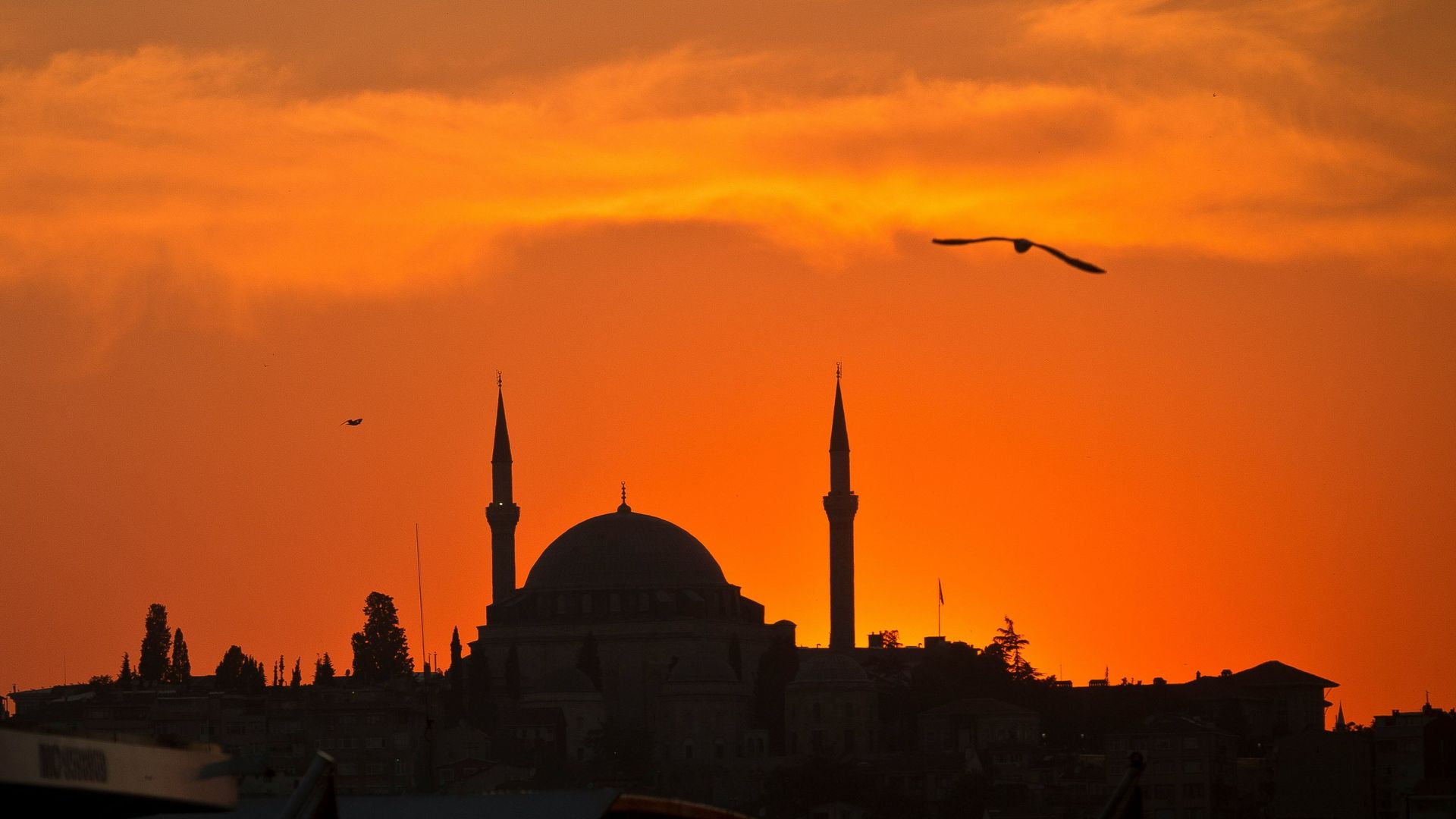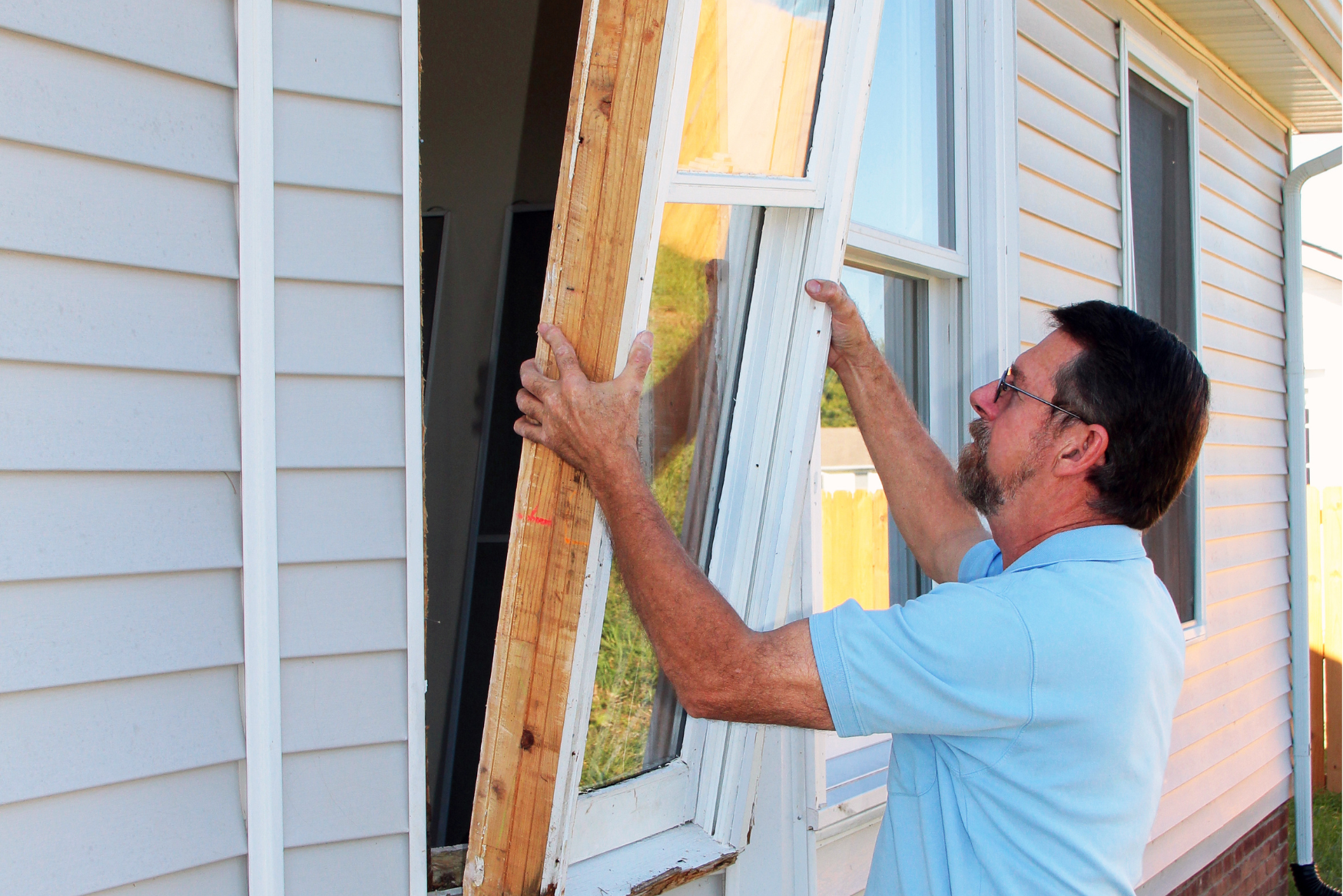
Rethinking ‘canceled’ in an age of coronavirus
By Beth Eckstein in Taiwan — My husband frequently endures long kidney stone ordeals. Intense pain can come on at the drop of a hat and we are off to the ER. My first goal in caring for my husband in those moments is finding him pain relief. Once we've accomplished that objective, my next goal is to cancel all the phone calls, meetings, lunches, and appointments we have. I have the same refrain going through my mind every time: What a waste of time.
We always feel like we have nothing to show after a kidney stone incident. Instead, we have a week of missed opportunities, regrets, and cancellations. But it strikes me that perhaps we aren't measuring productivity the same way God does. We often emerge from these episodes with compassion for others, new insights, fresh perspectives on suffering, and a reordering of our own priorities.
This is a different kind of productivity.
With the emergence of the COVID-19, people worldwide are experiencing these same feelings. You may have had meetings, trips, and large events canceled. You may be dealing with the uncertainty of how and when things will go back to normal. Even if you and your loved ones are fortunate to not fall ill or to face serious economic repercussions from the response to the virus, the disappointment of these missed opportunities is real.
But what if we reframed the word canceled? In mathematics, an equation is balanced when one side "cancels out" the other side. We are being forced to slow down, and this slowing could help us "cancel out" some of the effects of our normally busy lives. What canceling out have you been in desperate need of?
One of our workers has struggled with asthma attacks for the past few months. When schools in her area closed, she wrote, “Honestly, a few weeks downtime is a gift after an intense period of ministry, so I'll take it gratefully. My lungs have not been functioning well for three months. A respiratory infection is the last thing I need and could potentially land me in hospital. So I'm settling down to rest and stay at home as much as possible.”
We must remember that God is still working during all these cancellations. During seasons of transition, God often does a deeper work in us so he can do a bigger work later on. We don't become better people in haste—in fact, I'm not sure we do anything better when we are in a hurry.
If you’re forced to slow down because of COVID-19, here are a few ideas for using the time to serve others and to grow deeper with God:
- Take one of your canceled events and replace it with a Day Alone with God.
- If you’re healthy, consider how you can serve people at higher health risk—perhaps by delivering groceries to front porches or by wiping down frequently touched surfaces if your church is still meeting.
- Read deeply about a topic that has interested you recently. Check out the SEND U blog for recent book reviews on things like Discipling in a Multicultural World .
- Reach out through phone calls (or the online equivalents) to those who are self-quarantining.
- If you live overseas, observe how your host culture is responding to COVID-19. What insights does this give you into their cultural beliefs and practices? How are they different from yours? (If you live in your passport country, you can ask yourself similar questions about your own community!)
Additional Posts





